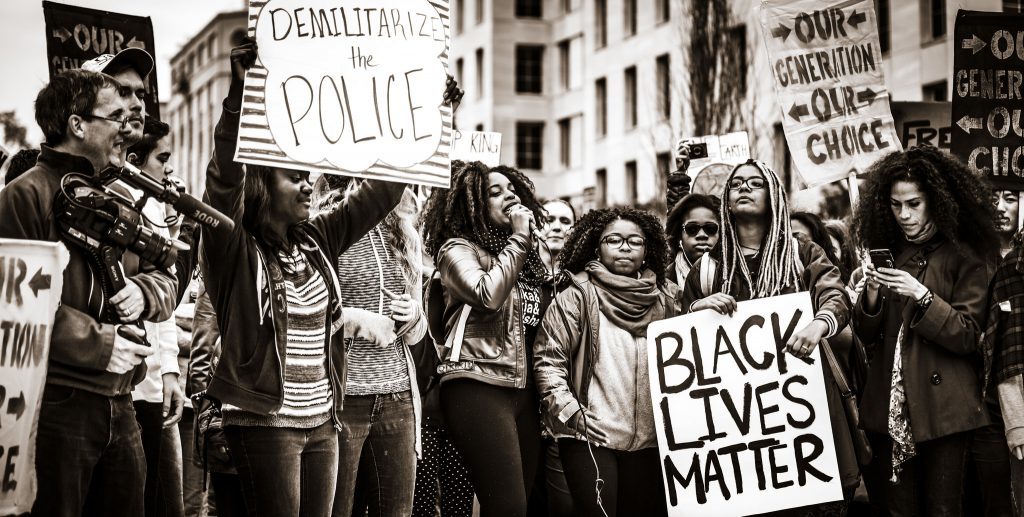As part of its continuing series of articles on “what’s at stake in Trump’s America,” Public Books has published a piece by sociologist Saskia Sassen on the role of urban space in breaking down prejudice and fostering social solidarity. But this role is being undermine, she writes, by increasing inequality and militarized policing in major cities. Here’s an excerpt:
Today, many cities are at risk of losing this capacity for making urban subjects. Instead, as they stratify, they become both playgrounds for the rich and ghettos for the poor: sites for a range of new types of conflicts. It is no coincidence that in an age of vast inequalities we are seeing an upswing in abusive police actions, as well as class war, and a resurgence of older modes of ethnic and social “cleansing.”
Dense urban spaces can easily become conflictive spaces in cities overwhelmed by inequality and injustice. Add to this the major environmental disasters looming in our immediate futures that will hit the poor particularly hard, and we can see how our major cities could easily become sites for a variety of secondary, more anomic conflicts, ones that go beyond the more familiar conflicts we have long seen in US cities.
All of this challenges the traditional commercial and civic capacity that has given cities tools to avoid falling into armed conflict and to incorporate diversities of class, culture, religion, ethnicity. It leads to walled-in communities, whether the walls are material or imagined, to cities made up of tribes and clans.
Image via Public Books.
